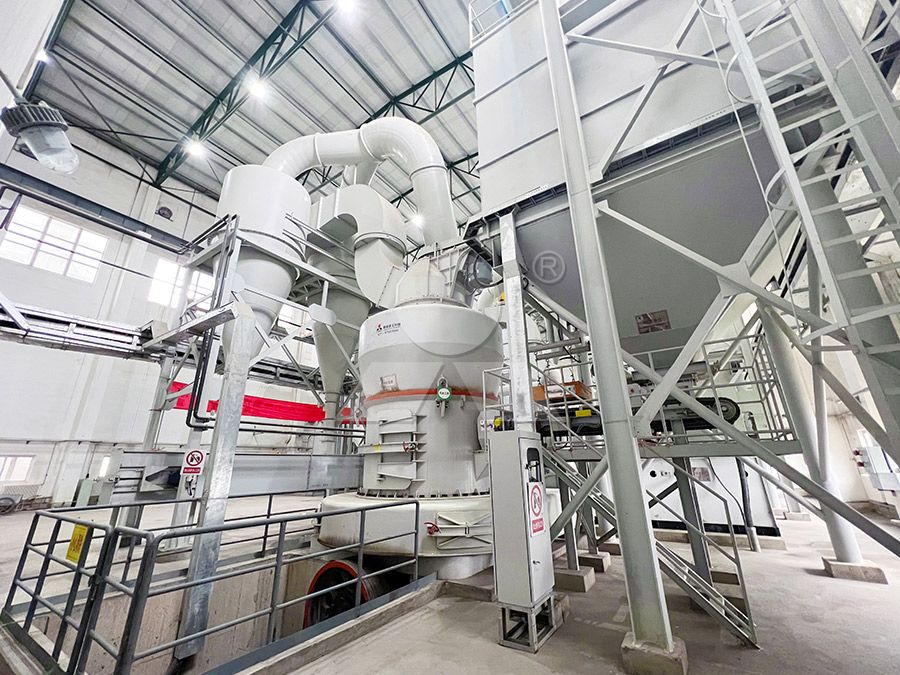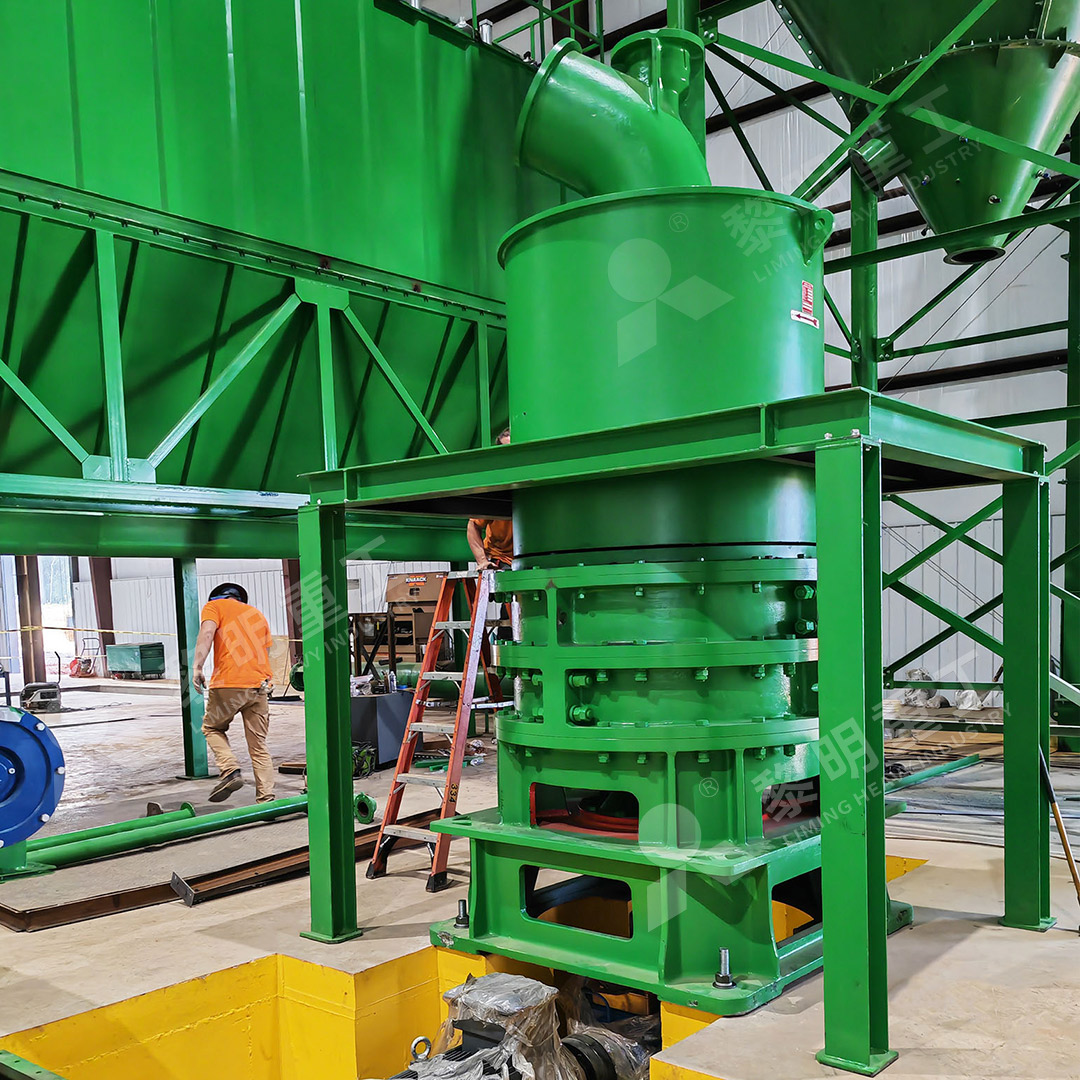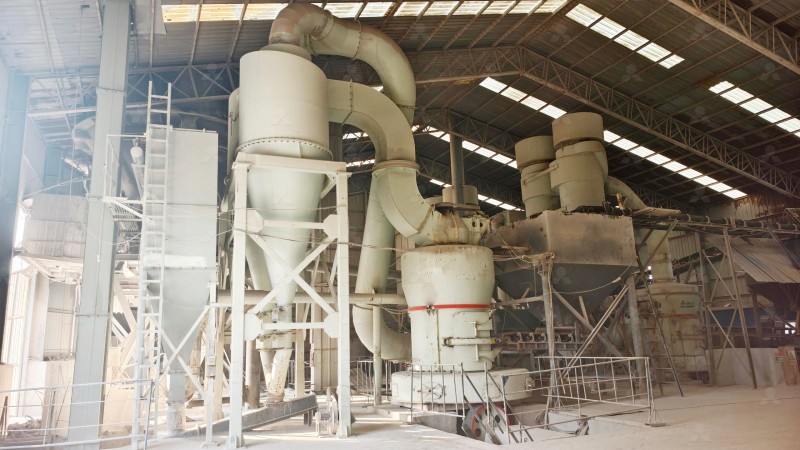Optimizing Carbon Black Powder Production for High-Performance Coatings
We provide a wide range of mills — including Raymond mill, trapezoidal mill, vertical mill, ultrafine mill, and ball mill, obtained ISO9001 international quality certification, EU CE certification, and Customs Union CU-TR certification. Suitable for processing minerals such as limestone, phosphate, quicklime, kaolin, talc, barite, bentonite, calcium carbonate, dolomite, coal, gypsum, clay, carbon black, slag, cement raw materials, cement clinker, and more.
The discharge range of these mills can be adjusted to meet specific processing needs, typically from 80-400 mesh, 600-3250 mesh, and can achieve the finest particle size of up to 6000 mesh(D50).
If you are looking for a reliable grinding solution to turn stone or minerals into fine powder, please feel free to contact our online customer service.
Optimizing Carbon Black Powder Production for High-Performance Coatings
The production of carbon black powder for high-performance coatings is a delicate balance between achieving ultra-fine particle size, maintaining consistent quality, and ensuring operational efficiency. The right grinding technology is paramount to success in this demanding sector, where even minor inconsistencies can afect coating performance, durability, and appearance.
The Critical Role of Particle Size and Distribution
In coating applications, carbon black is prized for its exceptional tinting strength, UV protection, and conductivity. However, these properties are directly tied to its particle size and distribution. Agglomerates or inconsistent fineness can lead to poor dispersion in resin systems, resulting in surface defects, reduced gloss, and compromised mechanical properties. Achieving a narrow particle size distribution (PSD) with a top cut (d97) of less than 10 micrometers, and often down to 5μm or finer, is a standard requirement for premium products.

Beyond Fineness: The Total Cost of Operation
While achieving the target fineness is the primary goal, savvy production managers must also consider the total cost of operation. This includes energy consumption, wear part longevity, maintenance downtime, and environmental compliance. Traditional ball mills, for instance, are energy-intensive and can introduce iron contamination, which is particularly detrimental to carbon black’s purity. Jet mills, while capable of fine grinding, have high energy costs and lower yields.
Advanced Milling Solutions for Superior Performance
This is where advanced grinding mill technology makes a decisive difference. For operations requiring the utmost in fineness and purity for specialty coatings, we highly recommend our MW Ultrafine Grinding Mill. This machine is specifically engineered for customers who need to make ultra-fine powder without compromise.
The MW Mill’s cage-type powder selector, which incorporates German technologies, allows for precise adjustment of fineness between 325-2500 meshes, ensuring you can hit your exact specification—whether it’s d97 ≤5μm or another target. Its unique design, with no rolling bearings or screws inside the grinding chamber, eliminates common failure points and concerns about mechanical contamination. This is a critical advantage for maintaining the high purity of carbon black.

Furthermore, its integrated efficient pulse dust collector and muffler system ensures the entire production process is clean and operates well within national environmental protection standards, addressing both dust and noise pollution. With a capacity range of 0.5-25 tph and the ability to handle an input size of 0-20 mm, it offers both flexibility and high output for demanding production schedules.
Conclusion: Investing in Precision
Selecting the right milling equipment is not just a purchase; it’s an investment in product quality, brand reputation, and long-term profitability. By opting for a technologically advanced solution like the MW Ultrafine Grinding Mill, producers can ensure they are delivering carbon black powder that meets the rigorous demands of the high-performance coatings industry, all while benefiting from lower energy consumption, reduced maintenance, and a smaller environmental footprint. For operations that also process other minerals like limestone or talc for filler applications, the versatility of this mill provides an additional strategic advantage.

